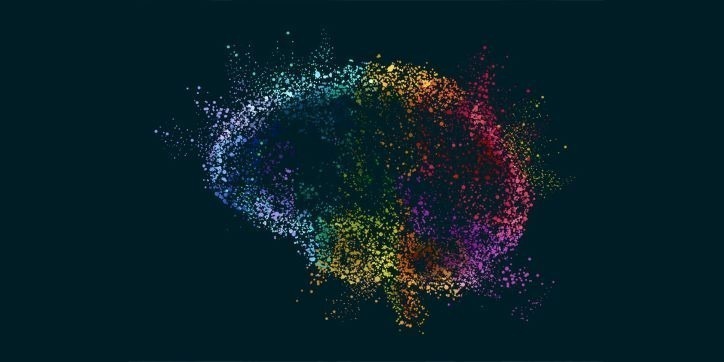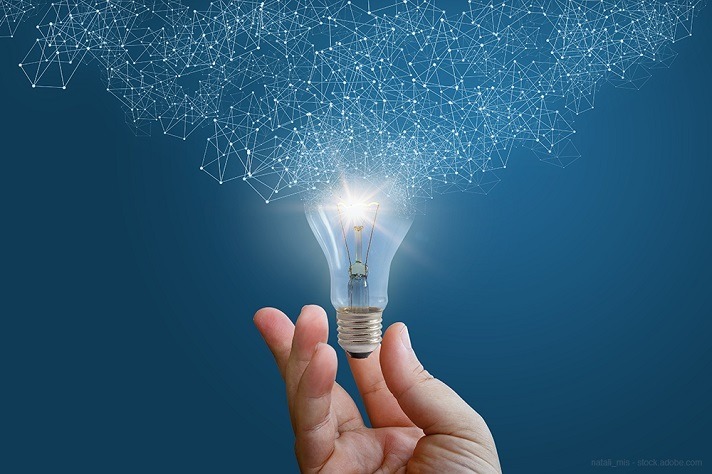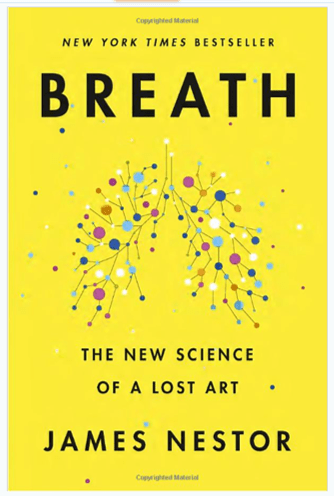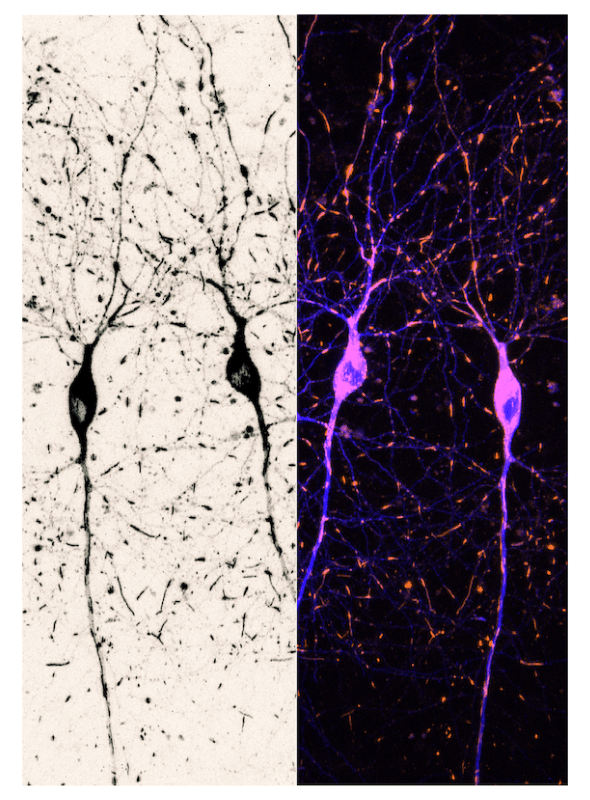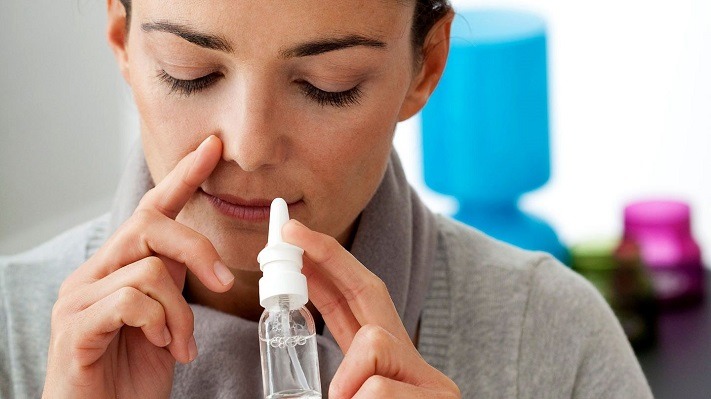Posts Tagged ‘meditation’
Update: Why MDMA-assisted psychotherapy may become an FDA-approved treatment for PTSD within 2 years
Welcome to a new edition of SharpBrains’ e‑newsletter, sharing important brain/ mental health news plus a few fun optical illusions to tease and appreciate our unique human minds. #1. Why MDMA-assisted psychotherapy may become an FDA-approved treatment for PTSD within 2 years “We are a pharmacist and physician team who investigate the benefits and harms associated with…
Read MoreTrend: Harnessing digital tech to improve mental health and wellness
From mindfulness apps to virtual therapy sessions, digital tools offer instant access to wellness resources (The Globe and Mail): In 2015, Brie Code was working at leading video game company Ubisoft as lead artificial intelligence programmer when she realized that many people she knew – about half, by her estimation – found video games boring.
Read MoreNew book shares science and techniques to breathe better and promote calmness not anxiety
Scrolling social media, amid frantic election-related posts and news of escalating COVID-19 cases, you may have come across a friend reminding everyone to just breathe. But can just-breathing really make a difference? In his new book Breath: The New Science of a Lost Art, journalist James Nestor argues that modern humans have become pretty bad…
Read MoreOn neurons, lifelong learning, meditation, humility, “empty brain calories” and more
Welcome to a new edition of SharpBrains’ e‑newsletter, featuring 12 fascinating neuroscience findings and open questions–and the beautiful image above. #1. “With this image I want to illustrate the large advances made in imaging methods over the past century, allowing modern neuroscientists to look at neurons in ways that Cajal could have only dreamed of.” –…
Read MoreDebate: Can mindfulness and meditation be harmful?
Yes (in perhaps 8% of individuals). Can mindfulness and meditation be harmful? (Science Focus): Meditation has escaped both the religious cells of monks and nuns and the labs of scientists. An increasing number of people are using meditation apps to deal with mental health problems, such as depression and anxiety. Although there is no clear estimate…
Read MoreUpdate: The placebo effect works even when people know they are taking a placebo
Welcome to a new edition of SharpBrains’ e‑newsletter, featuring 14 research findings, resources and tips for brain health … and starting with this fascinating study: #1. Wow. The placebo effect works even when people know they are taking a placebo #2. Beating Alzheimer’s Disease will require a combined physical/ mental approach: From the ten factors found…
Read More
